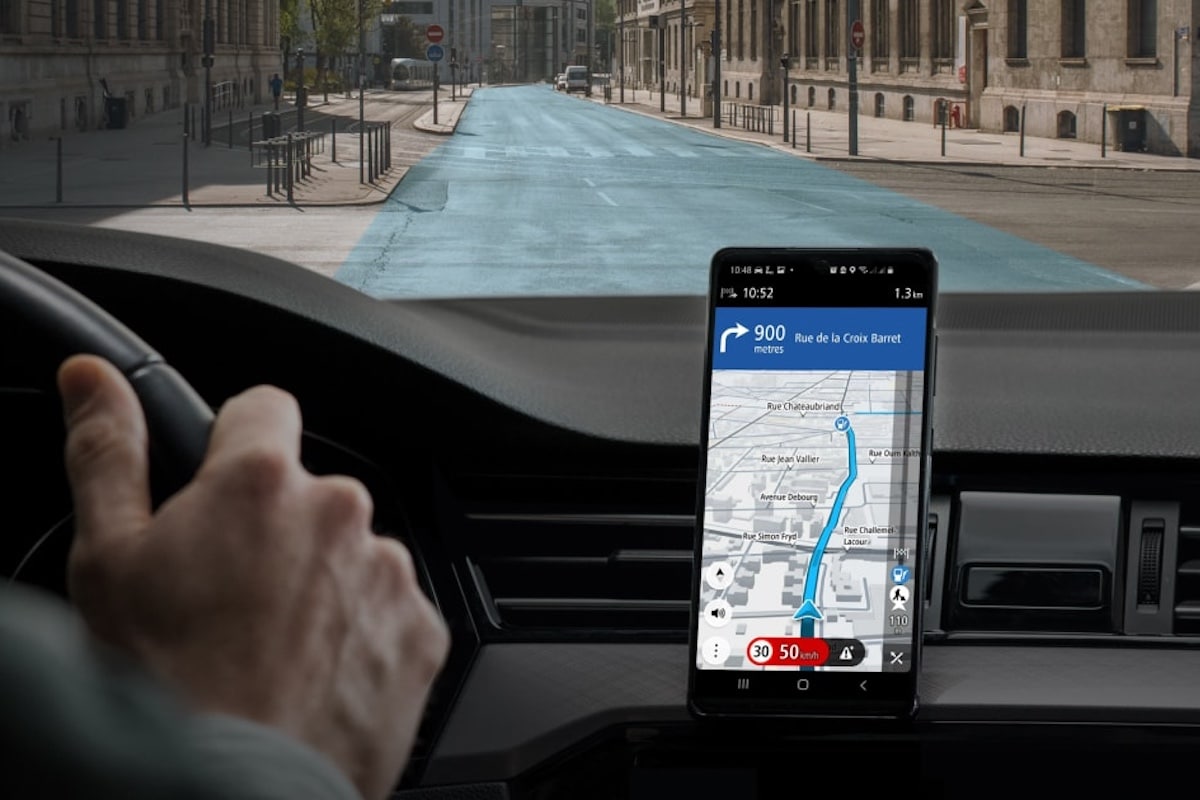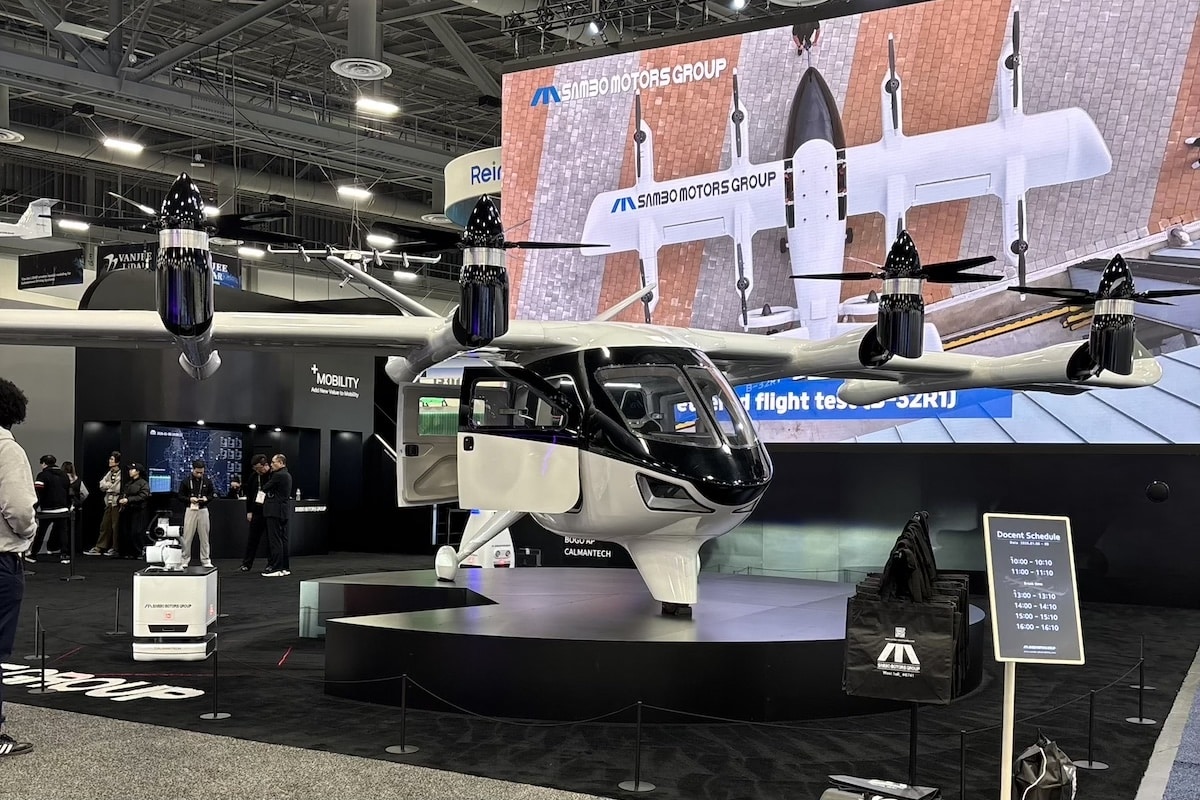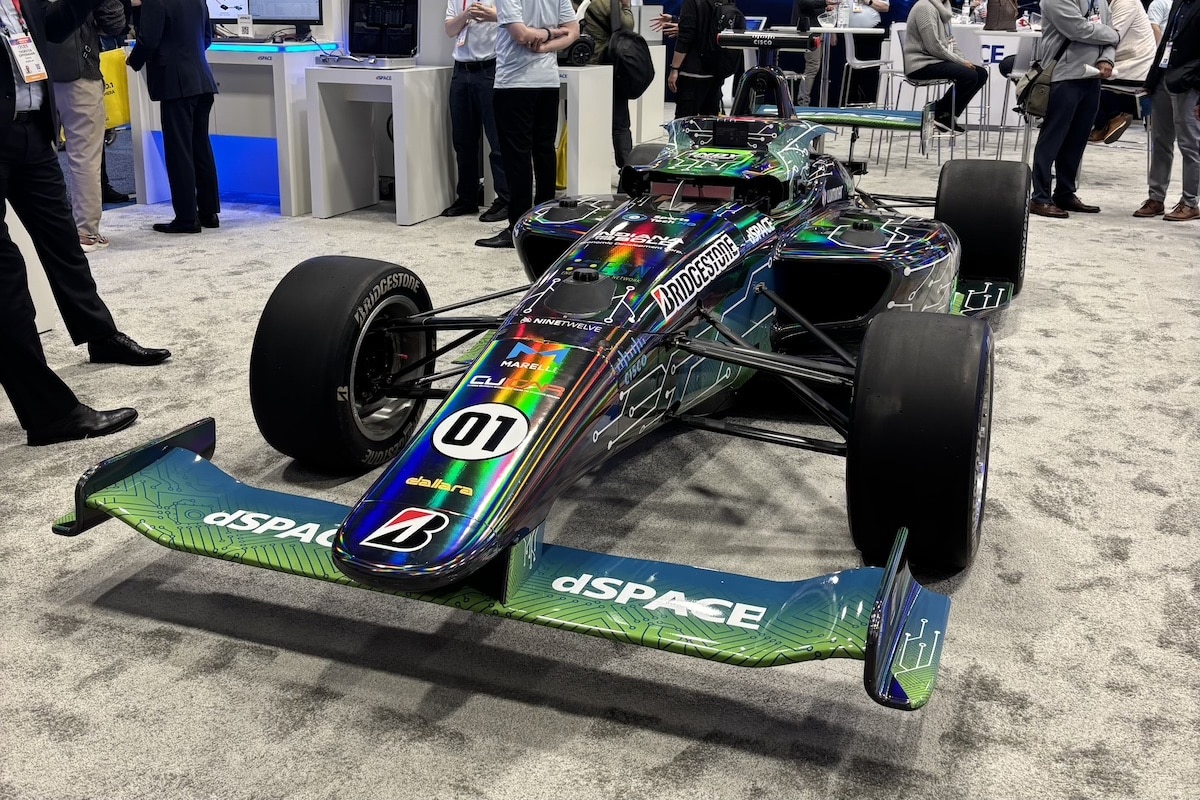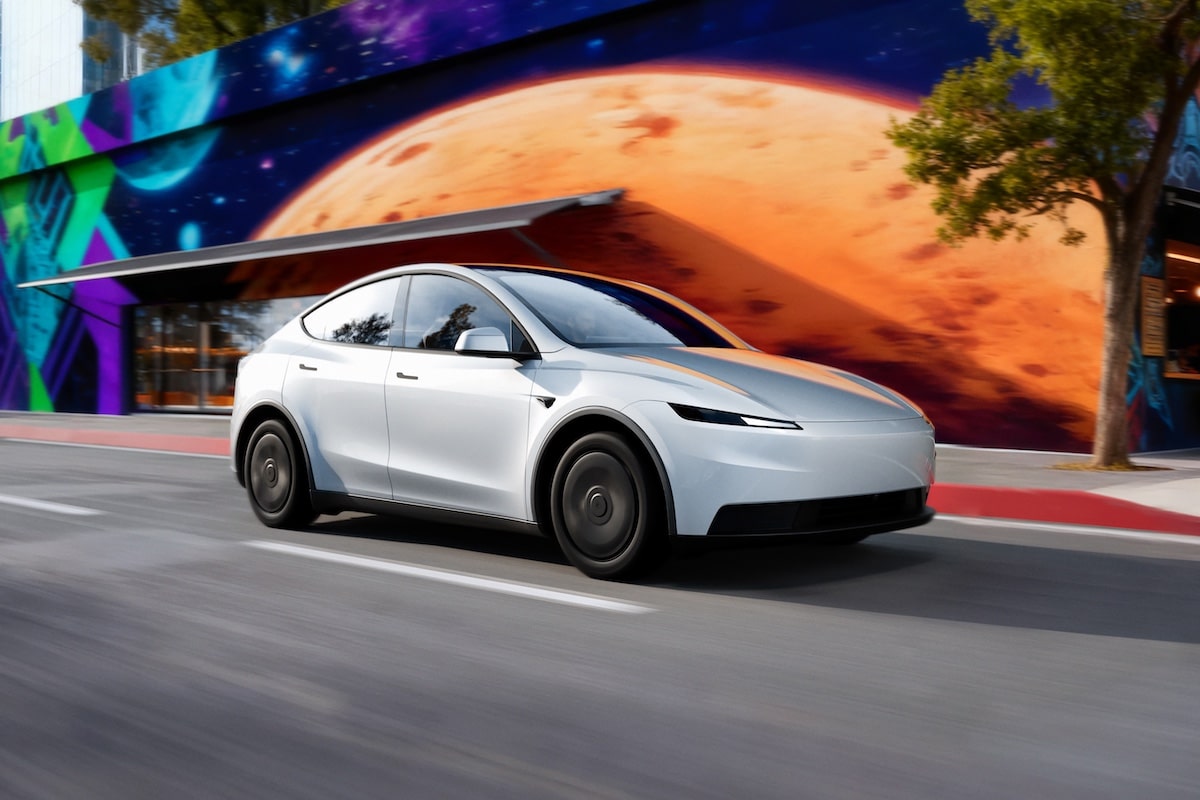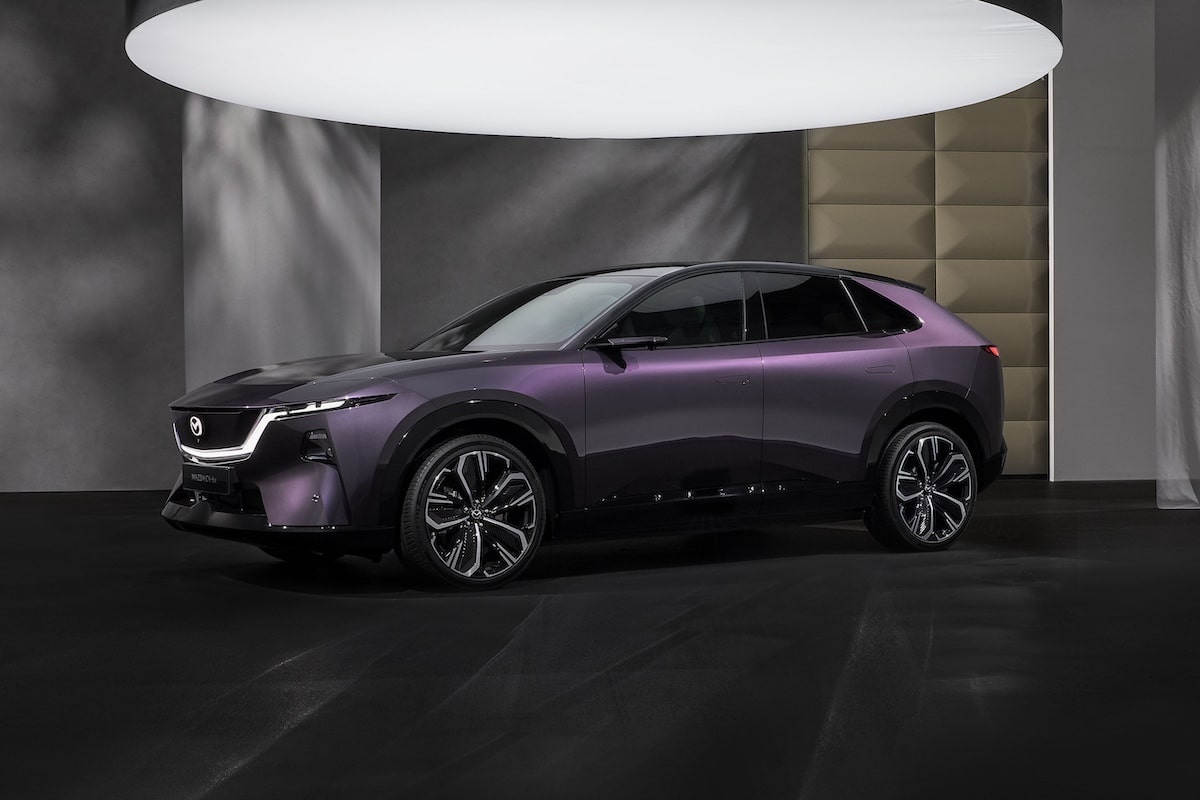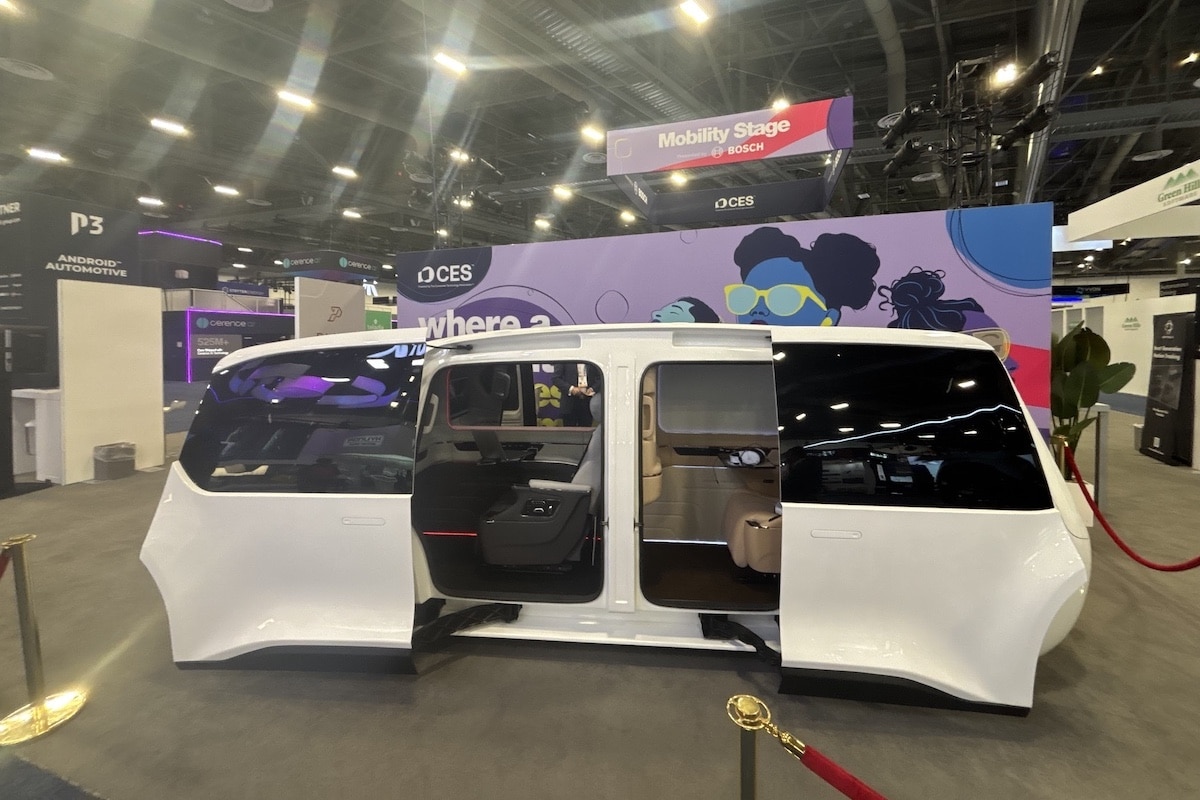According to Toyota, hybrids have a brighter future than electric vehicles
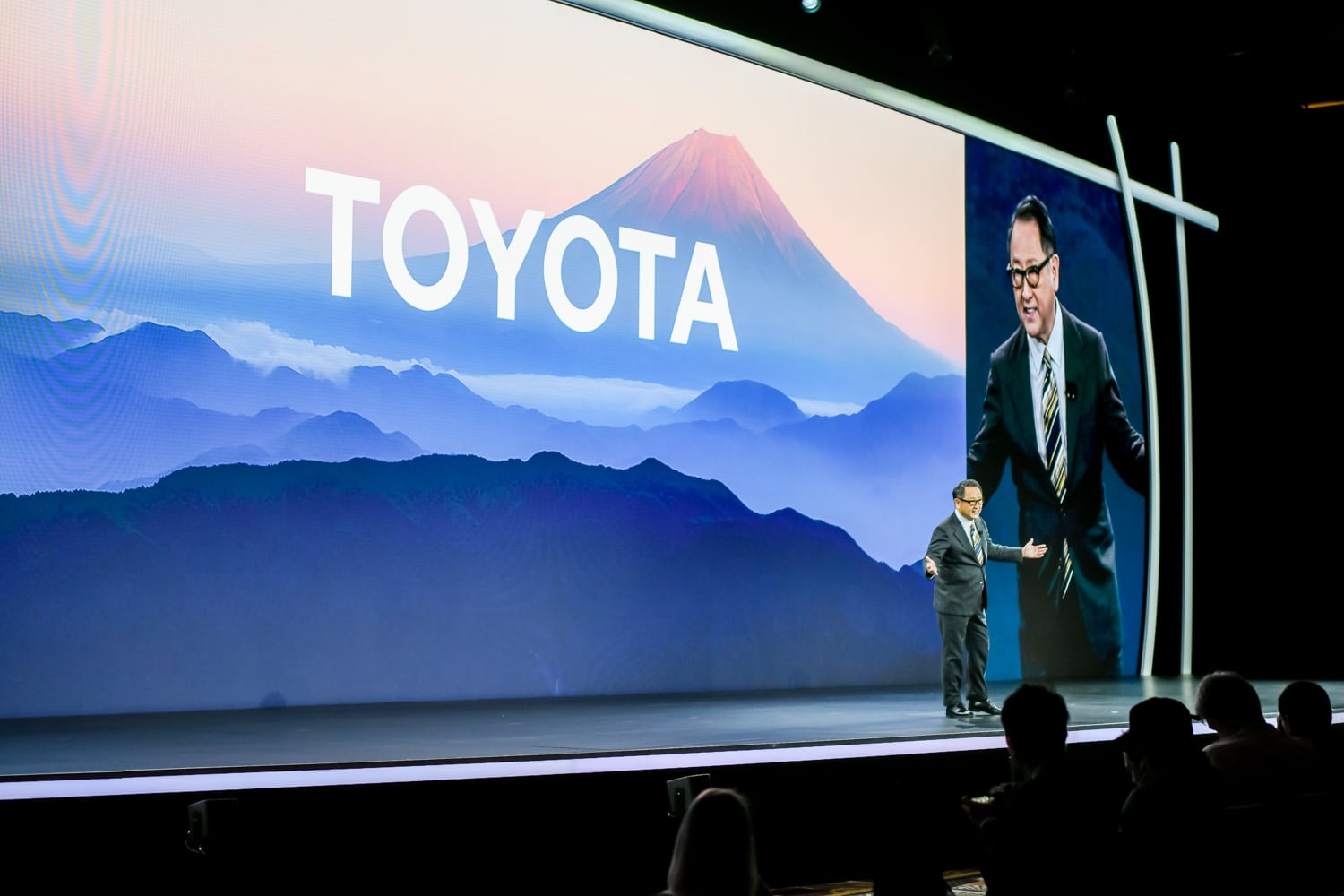
This is certainly the view of Gill Pratt, Chief Scientist at Toyota, during a speech at the World Economic Forum in Davos.
Like the Stellantis Group, the Japanese giant Toyota is not the most advanced in terms of 100% electric vehicles. The manufacturer has heavily invested in Full Hybrid technology, which it offers across its entire range, from the compact Yaris to the large SUV Highlander. However, Toyota has somewhat tempered its stance and now offers a range of Plug-in Hybrid vehicles (Rav4), and finally 100% electric models with the BZ4X.
On the commercial front, Toyota aims to sell up to 5.5 million Full Hybrid and Plug-in Hybrid cars per year by 2030, a figure twice as high as last year’s, with 2.6 million units worldwide. As for the 100% electric vehicle, an estimate of 3.5 million units is projected for 2030, including 1 million for the Lexus brand alone. Incidentally, Lexus is expected to become fully electric by 2035, unlike Toyota…
However, investors and environmentalists criticize Toyota, arguing that electric cars are not at the center of the Japanese brand’s strategy, which they see as detrimental.
Hybrid as a solution?
In response to these criticisms, Gill Pratt stated that manufacturers should focus more on deploying a fleet of hybrid cars alongside a 100% electric range. He hypothesizes that for a fleet of 100 vehicles with internal combustion engines, CO2 emissions would average 250 grams per km.
If a company produces 100 kWh of batteries with a low amount of lithium, in a fleet consisting of 99 gasoline vehicles and one electric vehicle like a Tesla, average emissions would decrease to 248.50 g/km of CO2.
Conversely, with the same amount of lithium (100 kWh), distributed as 1.1 kWh for 90 Full Hybrid cars and 10 traditional combustion cars, the average CO2 emissions would be around 205 g/km.
Gill Pratt thus aims to convince that resources are scarce and should primarily be allocated to the production of Full Hybrid cars, which would reduce CO2 emissions more significantly on a global scale.
The future will tell if his reasoning is correct…
Source : Automotive News
Read also: Toyota C-HR 2023: second-generation plug-in hybrid
This page is translated from the original post "Selon Toyota, l’hybride a davantage d’avenir que l’électrique" in French.
We also suggestthese articles:
Also read
